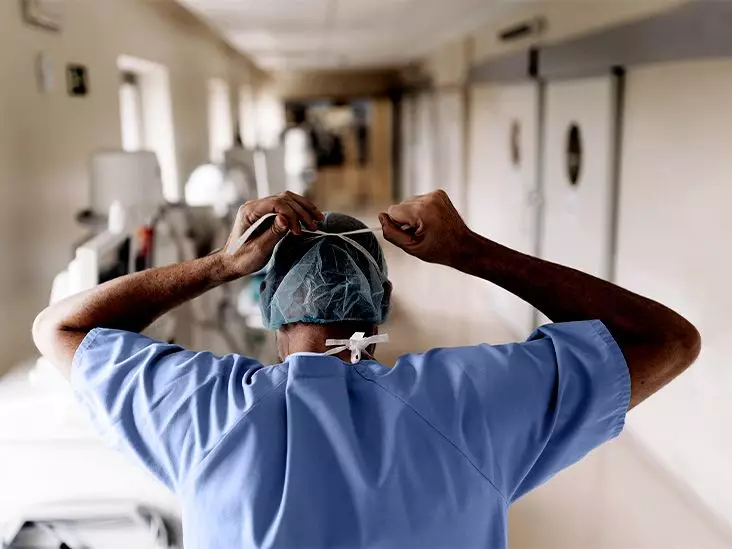Before undergoing an orchiectomy, it is crucial to have a detailed discussion with your doctor about various aspects of the procedure. Some key points to consider include sperm banking and the possibility of a testicular prosthesis. In addition, proper preparation before surgery is essential and may involve giving informed consent, undergoing medical tests such as blood tests and electrocardiograms, and making lifestyle changes like quitting tobacco and alcohol, losing weight, and avoiding certain medications or supplements as advised by your healthcare provider.
During and After Surgery
During the orchiectomy procedure, individuals will be given a general anesthetic to ensure they are asleep and do not feel any pain. After surgery, patients may wake up in a recovery room, feeling groggy as the effects of the anesthesia wear off. Pain management is crucial post-surgery, and healthcare professionals will monitor various functions including breathing and heart rate during the recovery period. Some common side effects after surgery may include nausea, chills, vomiting, and a sore throat from the breathing tube. In more complex cases involving the removal of lymph nodes, additional drains may be required, limiting movement temporarily.
Pain management is essential for a smooth recovery after an orchiectomy. Patients are advised to apply ice packs, follow proper wound care techniques, and engage in regular movement to promote healing. While most individuals can return home the same day as the surgery, recovery time may vary depending on the complexity of the procedure. In terms of long-term effects, the loss of one testicle is unlikely to impact sexual function or fertility significantly. However, the removal of both testicles may result in complications that can be managed with hormone therapy and other interventions as recommended by healthcare providers.
Possible Complications and Support Resources
Like any surgical procedure, orchiectomy comes with potential risks such as excessive bleeding, blood clots, anesthesia reactions, and infections. It is important for patients to be aware of these risks and seek prompt medical attention if any complications arise. Support resources for individuals undergoing treatment for testicular cancer include counseling services, support groups, and access to mental health resources. Maintaining open communication with healthcare providers and addressing any concerns or questions can help individuals navigate the emotional and physical challenges associated with cancer treatment.
While receiving a diagnosis of testicular cancer can be daunting, it is essential to remember that the condition is highly curable, with a 5-year relative survival rate of 95%. Individuals can typically expect to live a normal life after receiving treatment for testicular cancer, as the remaining testicle can often produce enough testosterone for overall health. Regular monitoring and follow-up care are important to detect any potential recurrence or complications early on. Additionally, understanding the financial implications of treatment and exploring insurance coverage options can help individuals plan for the cost of care effectively.
Undergoing an orchiectomy for testicular cancer is a significant step in the treatment journey. By being well-informed, prepared, and proactive in managing post-surgery care, individuals can optimize their recovery and maintain a high quality of life. Remember to follow the guidance of your healthcare team, seek support when needed, and stay focused on your long-term well-being throughout the treatment process.

